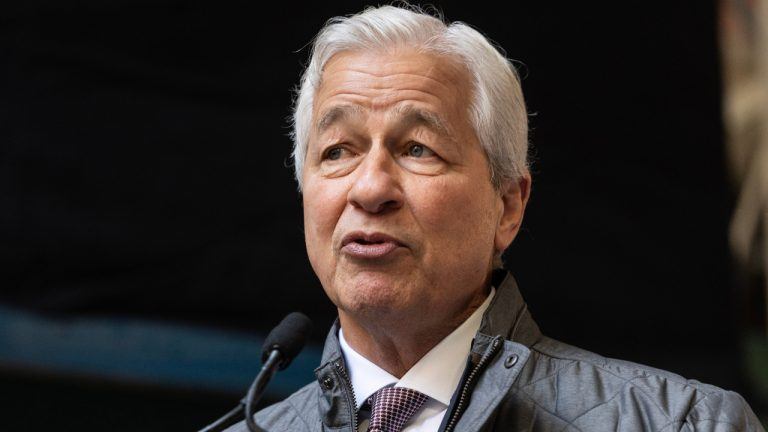Tanzania Announces Plans to Create Blockchain Advisory Team as Country Moves to Adopt Crypto

In a follow-up to Tanzanian President Samia Suluhu Hassan’s call for cryptocurrency action, a government minister has now announced plans to set up a crypto advisory team. This team, according to the Information and Communication Technology (ICT) minister Faustine Ndugulile, will consist of not more than 10 experts.
Advisory Team to Be Set Up in 14 Days
In addition, as one media outlet reported on July 9, the Tanzanian ICT Commission has been given 14 days to set up this team. This team is expected to “advise the government on policy, legislation and guidelines to enable the technology to be used effectively.” This announcement by the minister is the latest response by Tanzanian authorities to President Hassan’s call for forward-thinking steps regarding crypto.
As previously reported by Bitcoin.com News, Hassan asked the country’s central banks to prepare for cryptocurrencies. Already, the country’s central bank has confirmed it is “working on the directive given.”
However, Ndugulile, who says he is cognizant of the technology’s benefits, argues that this needs to be well understood before its adoption. Therefore, on top of its advisory role, the task force will be responsible for “providing awareness to government institutions that will be involved in the system, ministers and permanent secretaries.” Ndugulile added that while he agrees with the idea of “making Kigamboni a smart city for testing the use of the technology,” he still favors prioritizing public awareness.
Support for Tanzania’s Pivot to Blockchain and Crypto
Meanwhile, the same media report also quotes Sandra Chogo, an expert in trade and blockchain, explaining the importance of raising awareness about this technology among young people in college. She said:
The fourth industrial revolution is gaining momentum and every day, new technologies are emerging.
Another expert, Joseph Matiko, suggested that “it was good for the government to allocate funds for model projects.” Matiko also makes reference to another important use case of blockchain technology, the storage of documents. He noted:
“The blockchain can be a great tool for storing government information and even the preparation of important documents such as citizenship IDs, birth certificates, passports and even Taxpayers’ Identification Numbers.”
Do you agree with Tanzania’s approach of appointing an advisory team to guide its crypto adoption drive? Tell us what you think in the comments section below.






